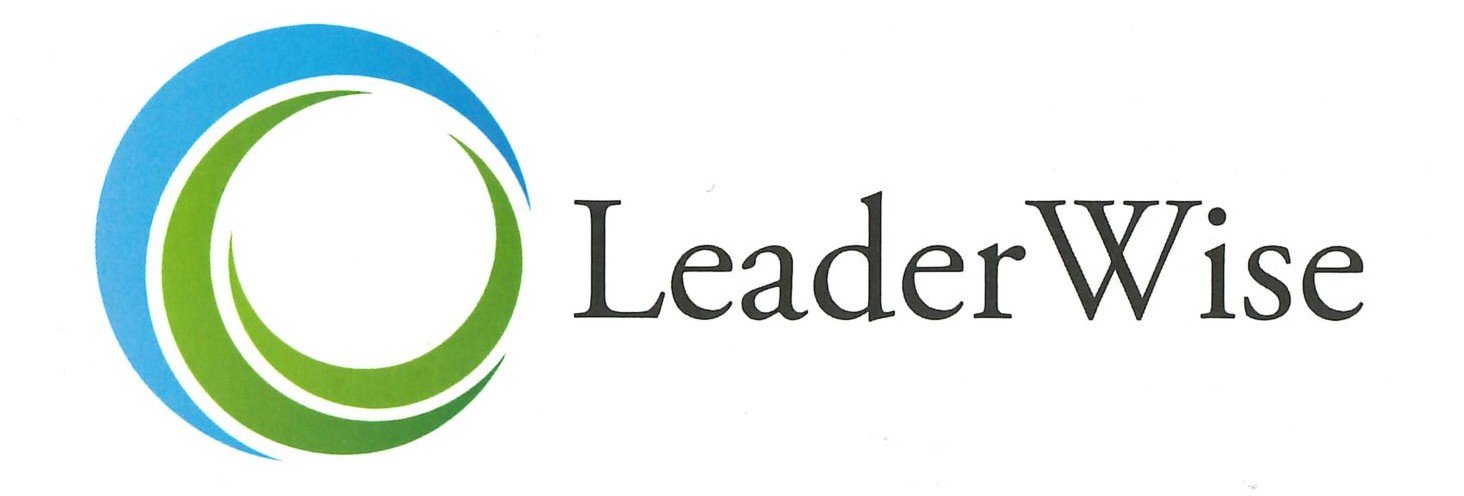What I Wish Others Knew about Being a Native American Leader in the Church
November is Native American Heritage Month
Siyo! The Rev Dr Justin Johnson is an at-large citizen of the Cherokee Nation currently living in Westchester, NY.
A pastor of the ELCA for 25 years, a mission developer coach, and training to be a Reflective Pastoral Supervisor through LeaderWise.
By Justin Johnson, LeaderWise Guest Writer.
Recently I was at a gathering of Cherokee tribal members where the Chief was discussing what it means to be a Cherokee at-large citizen. (At-large Cherokee citizens are those who do not live in Oklahoma, but who are connected to the Cherokee Nation through their regional sub-gathering. Mine is the East Coast Cherokees.) Chief Hoskin Jr’s emphasis was on “being home.” If you are connected to an area tribe, he said, you are part of the larger tribe. If you are in the company of another Cherokee, you are not alone; you are home with your tribe. You can always find home within the Cherokee Nation.
If I were to teach about being a Native American leader, it would begin with the importance of connection. We are a tribe and we are deeply connected to each other, to the planet, and to God. Connection to heritage, to trauma, to story, and to others is a part of life. When we are connected, we are home. As Jesus might put it, where two or three are gathered, it is holy as God is present. We are home.
As I write this article for LeaderWise, I recognize a few things. The first is I don’t speak for every tribe or every Cherokee. There is a temptation to make one voice the representation of a whole culture, but I am writing through my lens and my interactions with the Cherokee Nation. The other is that every Native American tribe is unique. What may be true for one tribe, isn’t necessarily true for another tribe. Just as there is no single Native American spirituality, there is no single thing that applies to every tribe in America. Each tribe has a unique outlook, focus, and connection. Finally, I am writing this as a Lutheran pastor, training to become a Reflective Pastoral Supervisor with LeaderWise and trained in adaptive leadership through the LeaderWise Shape program.
When working with Native Americans, the importance of connection is one of the most important aspects to know. We are deeply connected to tribe, to nature, and to God. It is a different three legged stool.
The other aspect I would love my fellow leaders to know is that Native Americans think generationally. The phrase 8 generations isn’t just a slogan, it is a way of life. Native American mentality is to always walk Turtle Island in such a way that we recognize what our ancestors have left for us. We too want to leave the world better after our journey thinking about 8 generations after us. Care of the planet, for example, recognizes the here and now, acknowledging all the work previous generations have done to get us here. Now it is our turn to care for the planet, leaving it for the next 8 generations to care for.
In pastoral leadership, this translates into making decisions that not only benefit my ministry, but also all the ministries that will follow long after I am gone. At the same time I honor all the ministries that preceded me. One of the first statements I make to any congregation I serve is, I am part of your history now. This means the focus is not on me and what I am doing but on how we think beyond ourselves. Sometimes this mentality seems odd to my colleagues, but it is so important to Native American communities. We recognize the ancestors and also that there will be a day when I am an ancestor, so when decisions are made, we think ahead to how this might benefit those coming after.
Following along these lines, the next aspect is that generational trauma is very real. The residential school system in the US and Canada has effects to this day for every living Native American. Whether it is living through the PTSD as an individual who went through the residential system or as a child of someone who did, the trauma of the system is still present. We often think of Native American history as ancient, but the residential school system ended in 1987. The Indian Child Welfare Act (ICWA), the 1978 US response to the residential system that protects Native American children from being forcefully removed from their tribes, is STILL being debated in the courts. Tribal citizenship is regularly under scrutiny and is often threatened–because if the US can get rid of tribes, it can mine lands that were once inaccessible and funding can be cut. These are things still affecting Native Americans today. The trauma of the past is not gone. Speaking about trauma to Native American leaders and clients is a long conversation. We carry the generational trauma of all those who preceded us and strive to heal.
Finally, if I had to share anything, it would be: Our voices are often erased. Native American history often paints Native Americans as the “bad guys.” I remember growing up with cowboy-and-Indian movies where Indians were the threats to be overcome, instead of people who were defending their land and homes. I am writing this on Columbus Day weekend, which completely ignores the genocide that occurred under Columbus’ men. Yet, as Native Americans, we keep going.
I share this last point because when working with Native Americans, it’s important to listen to the story and the whole story. If one’s story is shared, it means trust has been built and trauma will more than likely be shared. There might be an inclination to “fix the person,” or a defensiveness may bubble up. Instead, pause and allow the story even in the discomfort. It is a way of honoring voice and honoring the person.
I hope this small article helps with some insights if one has the pleasure of working with Native American leaders or clients.

